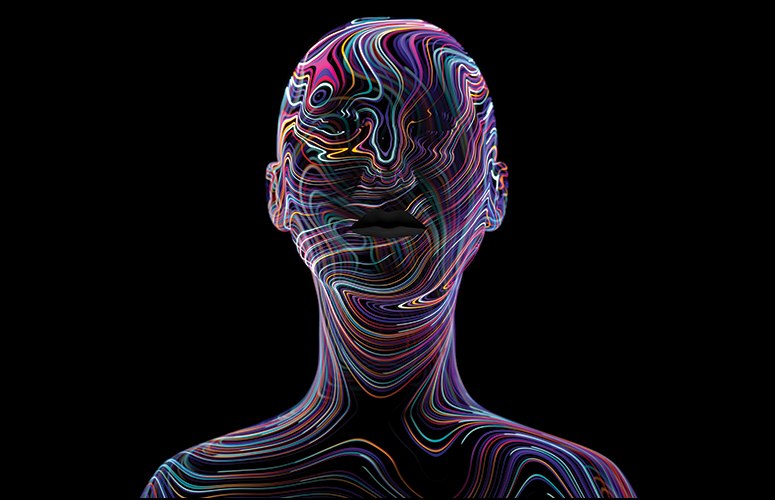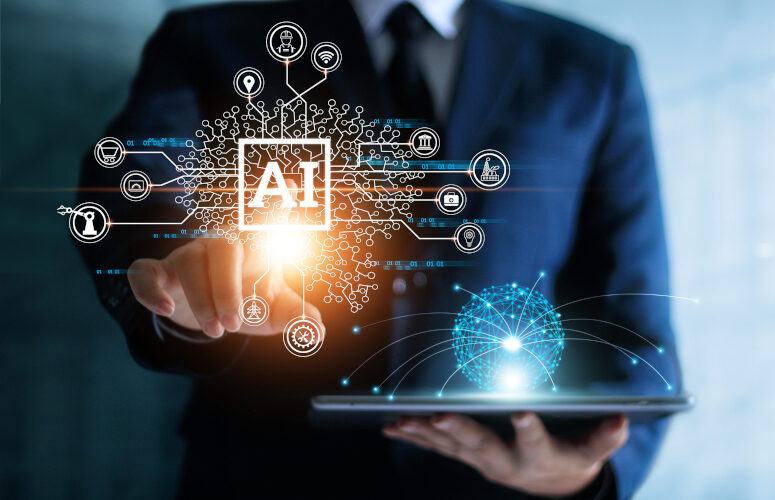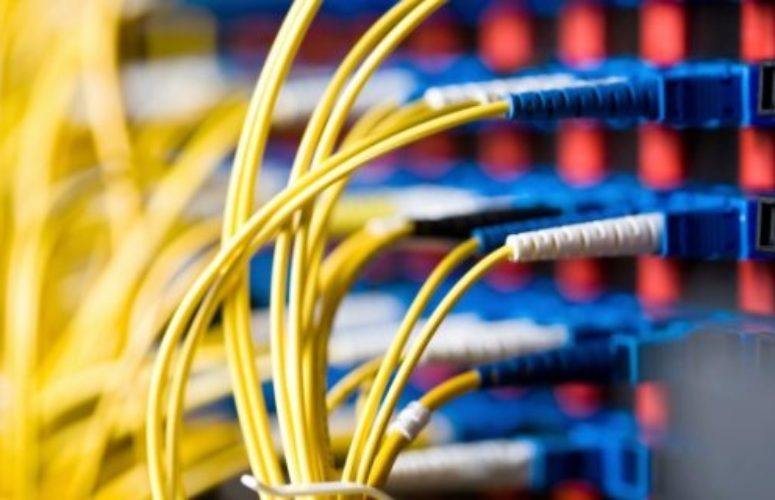
The Impact of AI in NJ
While AI is transforming everything, employers and universities try to stay ahead of the technology’s potential pitfalls.
By Jennifer Lesser, Contributing Writer On Dec 29, 2023There’s no denying the impact that artificial intelligence (AI) is already having on businesses across the Garden State, with AI applications ranging from cybersecurity and content production to fraud management and customer support. Employers who are already using AI appreciate that it can improve efficiency while decreasing costs and saving time. However, while experts agree that AI will continue to become a significant asset for businesses in an array of industries in the coming years, there are some potential downfalls that both employers and institutions of higher education alike must learn to navigate.
“AI can help us automate certain mundane repetitive tasks, enabling us to focus on higher value-added tasks,” explains Dr. Hussein Issa, associate professor, department of accounting and information systems at Rutgers Business School (RBS). “We can use machine learning to identify outliers, detect fraud, predict sales or stock performance, create recommender systems, customize user experience though targeted marketing and customer profiling and analyze customer comments or feedback and identify trends. Meanwhile, Generative AI can be used to brainstorm, generate ideas, summarize long reports or improve our writing.”
While the possibilities of AI seem limitless, Dr. Issa notes that there are some risks associated with AI applications, not the least of which is bias and discrimination. Another prominent issue emanating from AI and automation is job loss. From an educational perspective, Dr. Issa notes that schools are wary of the possibility of students cheating by using technologies like ChatGPT.
“Notwithstanding these risks, the advantages are simply enormous. From improving efficiency and effectiveness to automating processes … AI has the ability to make numerous tasks faster, more accurate and more effective, which can lead to significant savings in time and money,” he says. “While there are risks, several measures can be taken to address them, whether through technical solutions, legislation or oversight bodies.”
According to Gil Gerstl, vice president of product development for ADP, the company has been embedding AI capabilities and features into its products for several years, including candidate relevancy, compensation benchmarking, DEI dashboards and other products. The most recent developments in the maturity of AI technology have created new opportunities for making ADP’s products increasingly “human,” he notes.
“I believe every company, large and small, should be thinking about how these tools can improve their business,” Gerstl says. For example, small business owners may be able to enjoy the benefit of better expense tracking, balance management, or communicating with vendors. For larger businesses, AI may enable new marketing opportunities or improvements in service messaging.
“Taking some time to understand what this technology does well – and, just as importantly, what it doesn’t – to improve certain aspects of your business is extremely important as we endeavor into this new time,” he advises.
Of course, that means the state’s colleges and universities also have to stay on top of the ever-changing world of AI if they are going to prepare students for the business world of the future. According to Dr. Issa, several departments at RBS in Newark and New Brunswick are already integrating AI into their academic programs, from courses solely focused on AI and machine learning to analytics courses that teach students how AI can be used for various business applications.
“AI is (and has been) part of our lives for a long time. However, it has never been as obvious as today with the wide and astounding adoption and acceptance of Generative AI technology such as ChatGPT and Bard AI,” Dr. Issa says. Some other examples are the widespread use of services such as Google Assistant, Alexa and Siri, recommender systems for companies like Amazon and Netflix, and facial recognition technology utilized by law enforcement agencies.
“We are in the process of better understanding and embedding AI into our curriculum,” adds Dr. Oya Tukel, dean of the Martin Tuchman School of Management at New Jersey Institute of Technology (NJIT). To that end, NJIT is incorporating AI-enabled activities and development into not only computer science courses, but also business, architecture, engineering and other academic programs, and the university also currently offers an AI master’s program.
“We want to support the responsible usage of AI,” she adds. “Our intent is to better understand what’s going on behind the scenes, and to have our curriculum reflect these advancements in technology.”
Though there are many positives that can come from the use of AI technology, Dr. Tukel also warns that there will be negative ethical and social impacts. “There’s a rush for the legal system to come up with boundaries for the use of AI,” she says. One major concern is developing ways to verify the data, as AI relies on patterns and algorithms, but doesn’t have the capacity for human thought processes.
“The technology can read text, but it still doesn’t have a true understanding of the text: It’s difficult to teach a machine to think and relate to the world the way that humans do,” she explains.
Gerstl adds, “This technology, as powerful and productive as it is, is not focused or optimized for accuracy … so we must remain diligent in ensuring we do not ‘give up’ our part in validating and ensuring critical thought.”
However, he notes that AI can supercharge productivity and allow employees to get through the more tedious parts of their jobs faster. “In the business world, we can get more done by using it, but more importantly, we have more time to focus on where our minds are at their best – creativity, deep thought, critical thinking, etc.,” he says.
Over time, nearly every industry will be affected by AI, Dr. Issa adds, although he agrees that the industries that have repetitive tasks that require little human judgment are the ones that will most likely be impacted the most.
Dr. Tukel explains, “There can be automated systems within the food industry, but a robot will never have the implicit knowledge and experience that a chef has, and while AI might be used to confirm a diagnosis in the medical field, I would think most people are still going to want a doctor to rely on their years of education and experience to examine and treat them. AI is good at assisting with routine jobs, but the characteristics of what a machine can do are still limited. At the end of the day, humans create them and they are only as good as what we tell them to do.”
According to Gerstl, the service and knowledge industries will be considerably impacted as AI continues to develop. However, will businesses increasingly start using AI to replace their employees? “I don’t think jobs will be eliminated, but we will see an improvement in individuals’ abilities to provide better services as they rely more on smarter supporting systems,” he explains.
Looking ahead, it seems that both businesses and institutions of higher education will continue to explore how AI can and will impact their operations. “I understand the reluctance of some people to embrace AI, whether for fear of being replaced by this technology, or simply because of their resistance to change. To those, I would say that the competition will not be (at least in the near future) between humans and AI, but rather between humans with AI and humans without AI,” Dr. Issa concludes.
To access more business news, visit NJB News Now.






